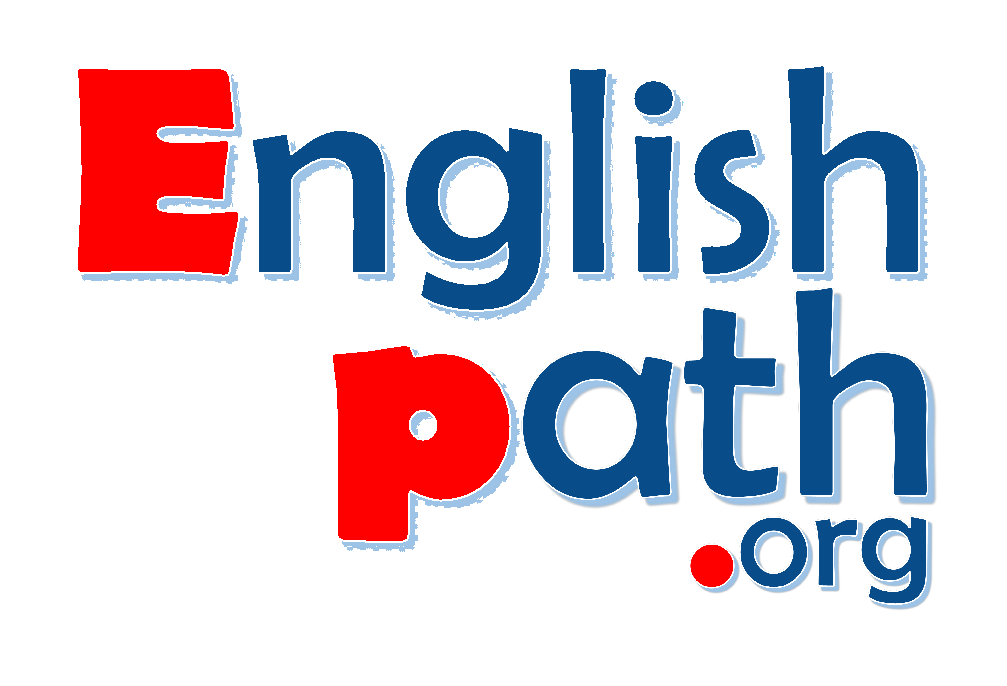Get in touch
555-555-5555
mymail@mailservice.com
Funny Adaptations of Classic Literature for Students of English Language
ESL/English plays adapted for secondary students - intermediate to advanced level
Romeo and Juliet (Author: Shakespeare)
Read, discuss and act out our comedy adaptation of Romeo and Juliet - Romeo and Julie by Robert Reed.
You can compare with Shakespeare's Romeo and Juliet original.
Dracula (Author: Bram Stoker)
Read, discuss and act out our funny adaptation of Dracula - Hasta La Vista, Dracula! by Robert Reed.
Bram Stoker's Dracula was first published in 1897, receiving excellent reviews from both literary critics and established writers such as Sir Arthur Conan Doyle. Stoker had spent seven years researching the subject of East European folklore and superstitions prior to writing the book. His wasn't the first vampire tale by any means, but it would prove to be the most powerful and enduring in the genre. The character of Dracula was inspired by the fifteenth-century Prince of Wallachia, Vlad the Impaler. Vlad's father was admitted to the Order of the Dragon for his efforts fighting the Ottomans, and his son inherited the title 'Dragon', or 'Dracul' in Romanian. Late Victorian readers would have been familiar with so-called 'invasion literature': you know the plot, Britain gets invaded by some dangerous custard-eating creature with tentacles and a moustache. Everyone was writing such stories: Rudyard Kipling, Robert Louis Stevenson, Sir Arthur Conan Doyle... That could explain why this truly brilliant novel never made Stoker much money. The irony being Stoker wrote in the attempt to supplement his income from working as a business manager at the Lyceum Theatre in London. The novel only became globally renowned after Stoker's death. His wife sued the makers of Nosferatu in 1922 after they based the film on an unauthorised adaptation of Dracula. Suddenly, the book was brought into the public eye and became very popular indeed. Part of the novel was set in Whitby, North Yorkshire, where Stoker used to spend his summer holidays. The town still celebrates its gothic credentials by hosting a bi-annual Gothic Weekend. There are many sites where you can discover more about Bram Stoker, including here.
Macbeth (Author: Shakespeare))
Read, discuss and act out our funny adaptation of Macbeth - Bubble, Bubble, Macbeth's in Trouble
by Robert Reed.
Macbeth is Shakespeare's darkest tragedy, as well as his shortest. It features political intrigue, insanity, assassinations galore and civil war for good measure. The perfect material for a comedy-parody! It was written in about 1606 and first performed at the Globe Theatre in April 1611. Shakespeare probably 'borrowed' several key ideas from Holinshed's Chronicles (a history of the British Isles), but he also added several important elements to the original turning it into a truly great play. It was so popular that in the nineteenth-century Californian gold miners put on their own productions; and, then there was the riot in Manhattan in 1849. Yes, incredible though it may seem, there was a riot sparked off by the animosity between two actors over who was the better at playing Shakespeare's major roles. And, finally we all know that 'serious' actors and actresses always refer to Macbeth as “the Scottish play”. Allegedly, Shakespeare -again- 'borrowed' real witches' spells for use in the play, and the witches were very unhappy about this and cursed the play. Yeah, yeah, whatever... Anyway, if you've been set an assignment this favourite play and need some help, we suggest you visit enotes.
